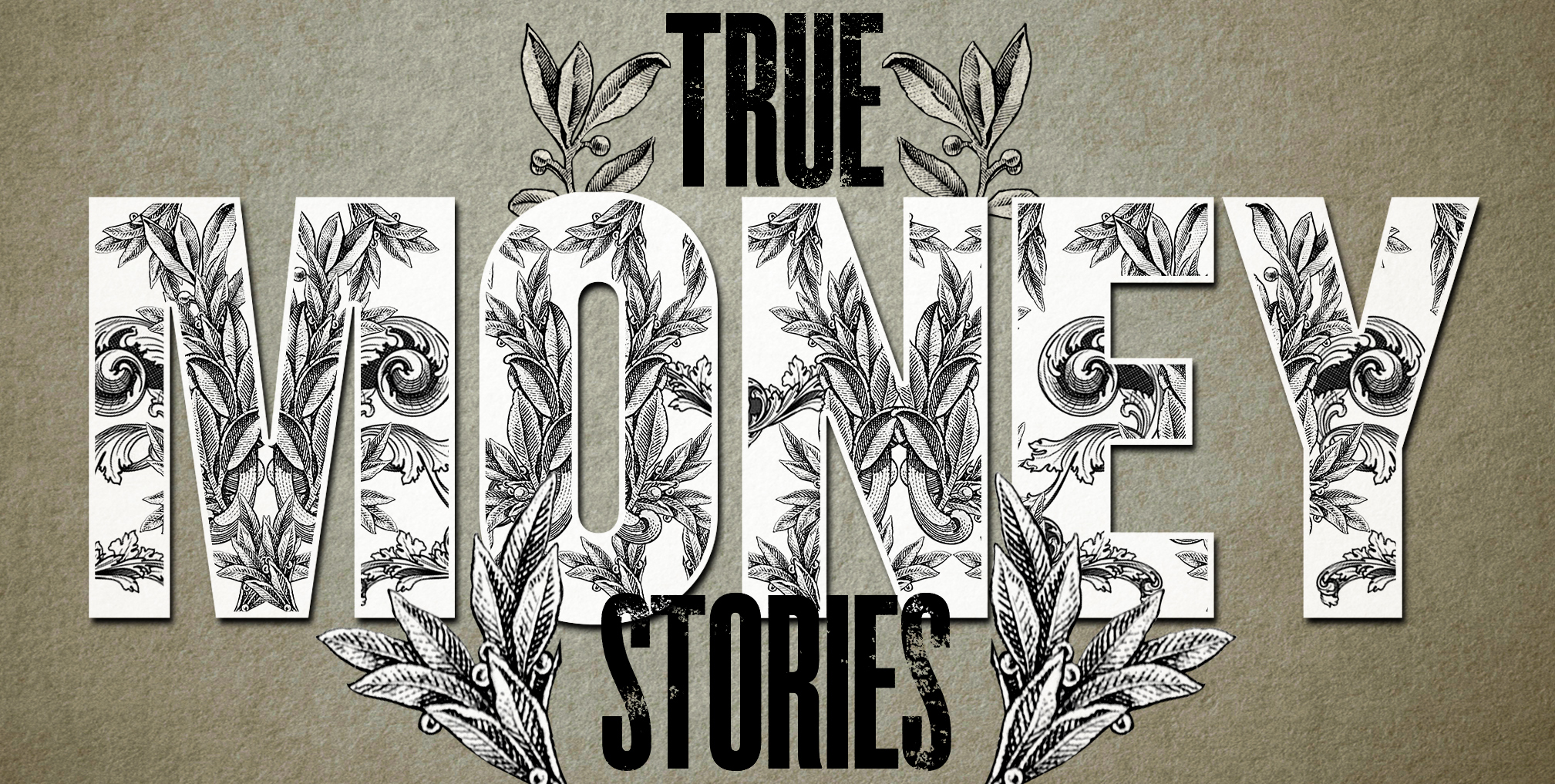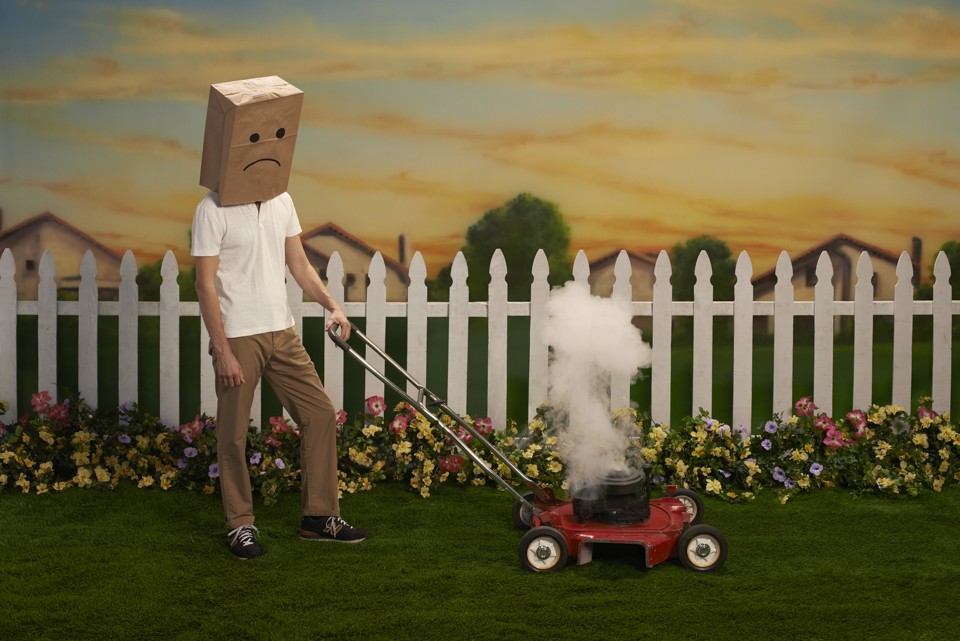Since 2013, the federal reserve board has conducted a survey to “monitor the financial and economic status of American consumers.” Most of the data in the latest survey, frankly, are less than earth-shattering: 49 percent of part-time workers would prefer to work more hours at their current wage; 29 percent of Americans expect to earn a higher income in the coming year; 43 percent of homeowners who have owned their home for at least a year believe its value has increased. But the answer to one question was astonishing. The Fed asked respondents how they would pay for a $400 emergency. The answer: 47 percent of respondents said that either they would cover the expense by borrowing or selling something, or they would not be able to come up with the $400 at all. Four hundred dollars! Who knew?
Well, I knew. I knew because I am in that 47 percent.

Americans weigh in on financial shame
Read more
I know what it is like to have to juggle creditors to make it through a week. I know what it is like to have to swallow my pride and constantly dun people to pay me so that I can pay others. I know what it is like to have liens slapped on me and to have my bank account levied by creditors. I know what it is like to be down to my last $5—literally—while I wait for a paycheck to arrive, and I know what it is like to subsist for days on a diet of eggs. I know what it is like to dread going to the mailbox, because there will always be new bills to pay but seldom a check with which to pay them. I know what it is like to have to tell my daughter that I didn’t know if I would be able to pay for her wedding; it all depended on whether something good happened. And I know what it is like to have to borrow money from my adult daughters because my wife and I ran out of heating oil.
You wouldn’t know any of that to look at me. I like to think I appear reasonably prosperous. Nor would you know it to look at my résumé. I have had a passably good career as a writer—five books, hundreds of articles published, a number of awards and fellowships, and a small (very small) but respectable reputation. You wouldn’t even know it to look at my tax return. I am nowhere near rich, but I have typically made a solid middle- or even, at times, upper-middle-class income, which is about all a writer can expect, even a writer who also teaches and lectures and writes television scripts, as I do. And you certainly wouldn’t know it to talk to me, because the last thing I would ever do—until now—is admit to financial insecurity or, as I think of it, “financial impotence,” because it has many of the characteristics of sexual impotence, not least of which is the desperate need to mask it and pretend everything is going swimmingly. In truth, it may be more embarrassing than sexual impotence. “You are more likely to hear from your buddy that he is on Viagra than that he has credit-card problems,” says Brad Klontz, a financial psychologist who teaches at Creighton University in Omaha, Nebraska, and ministers to individuals with financial issues. “Much more likely.” America is a country, as Donald Trump has reminded us, of winners and losers, alphas and weaklings. To struggle financially is a source of shame, a daily humiliation—even a form of social suicide. Silence is the only protection.
I know what it’s like to have to borrow money from my daughters because my wife and I ran out of heating oil.So I never spoke about my financial travails, not even with my closest friends—that is, until I came to the realization that what was happening to me was also happening to millions of other Americans, and not just the poorest among us, who, by definition, struggle to make ends meet. It was, according to that Fed survey and other surveys, happening to middle-class professionals and even to those in the upper class. It was happening to the soon-to-retire as well as the soon-to-begin. It was happening to college grads as well as high-school dropouts. It was happening all across the country, including places where you might least expect to see such problems. I knew that I wouldn’t have $400 in an emergency. What I hadn’t known, couldn’t have conceived, was that so many other Americans wouldn’t have the money available to them, either. My friend and local butcher, Brian, who is one of the only men I know who talks openly about his financial struggles, once told me, “If anyone says he’s sailing through, he’s lying.” That might not be entirely true, but then again, it might not be too far off.
 Hugh Kretschmer
Hugh KretschmerPart of the reason I hadn’t known is that until fairly recently, economists also didn’t know, or, at the very least, didn’t discuss it. They had unemployment statistics and income differentials and data on net worth, but none of these captured what was happening in households trying to make a go of it week to week, paycheck to paycheck, expense to expense. David Johnson, an economist who studies income and wealth inequality at the University of Michigan, says, “People studied savings and debt. But this concept that people aren’t making ends meet or the idea that if there was a shock, they wouldn’t have the money to pay, that’s definitely a new area of research”—one that’s taken off since the Great Recession. According to Johnson, economists have long theorized that people smooth their consumption over their lifetime, offsetting bad years with good ones—borrowing in the bad, saving in the good. But recent research indicates that when people get some money—a bonus, a tax refund, a small inheritance—they are, in fact, more likely to spend it than to save it. “It could be,” Johnson says, “that people don’t have the money” to save. Many of us, it turns out, are living in a more or less continual state of financial peril. So if you really want to know why there is such deep economic discontent in America today, even when many indicators say the country is heading in the right direction, ask a member of that 47 percent. Ask me.
Read more at: http://www.theatlantic.com/magazine/archive/2016/05/my-secret-shame/476415/
